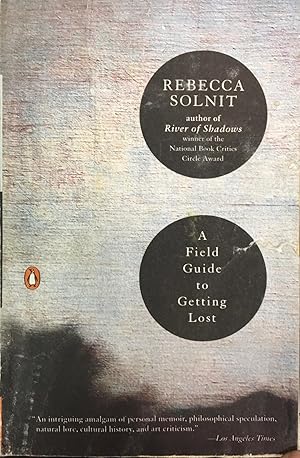

Bridging the essence of art with the notion that not-knowing is what drives science, she sees in the act of embracing the unknown a gateway to self-transcendence:Ĭertainly for artists of all stripes, the unknown, the idea or the form or the tale that has not yet arrived, is what must be found. But for Solnit, as for Rilke, that uncertainty is not an obstacle to living but a wellspring of life - of creative life, most of all. The inquiry itself carries undertones of acknowledging the self illusion, or at the very least brushing up against the question of how we know who “we” are if we’re perpetually changing. Love, wisdom, grace, inspiration - how do you go about finding these things that are in some ways about extending the boundaries of the self into unknown territory, about becoming someone else? Illustration from ‘Where You Are: A Collection of Maps That Will Leave You Feeling Completely Lost.’ Click image for details. The things we want are transformative, and we don’t know or only think we know what is on the other side of that transformation.

The question she carried struck me as the basic tactical question in life. The student made big transparent photographs of swimmers underwater and hung them from the ceiling with the light shining through them, so that to walk among them was to have the shadows of swimmers travel across your body in a space that itself came to seem aquatic and mysterious. It read, “How will you go about finding that thing the nature of which is totally unknown to you?” I copied it down, and it has stayed with me since. A student came in bearing a quote from what she said was the pre-Socratic philosopher Meno. Three years ago I was giving a workshop in the Rockies.

That’s where the most important things come from, where you yourself came from, and where you will go.

Leave the door open for the unknown, the door into the dark. Rebecca Solnit, whose mind and writing are among the most consistently enchanting of our time, explores this tender tango with the unknown in her altogether sublime collection A Field Guide to Getting Lost ( public library). And yet therein lies our greatest capacity for growth and self-transcendence. “On how one orients himself to the moment,” Henry Miller wrote in reflecting on the art of living, “depends the failure or fruitfulness of it.” Indeed, this act of orienting ourselves - to the moment, to the world, to our own selves - is perhaps the most elusive art of all, and our attempts to master it often leave us fumbling, frustrated, discombobulated.


 0 kommentar(er)
0 kommentar(er)
